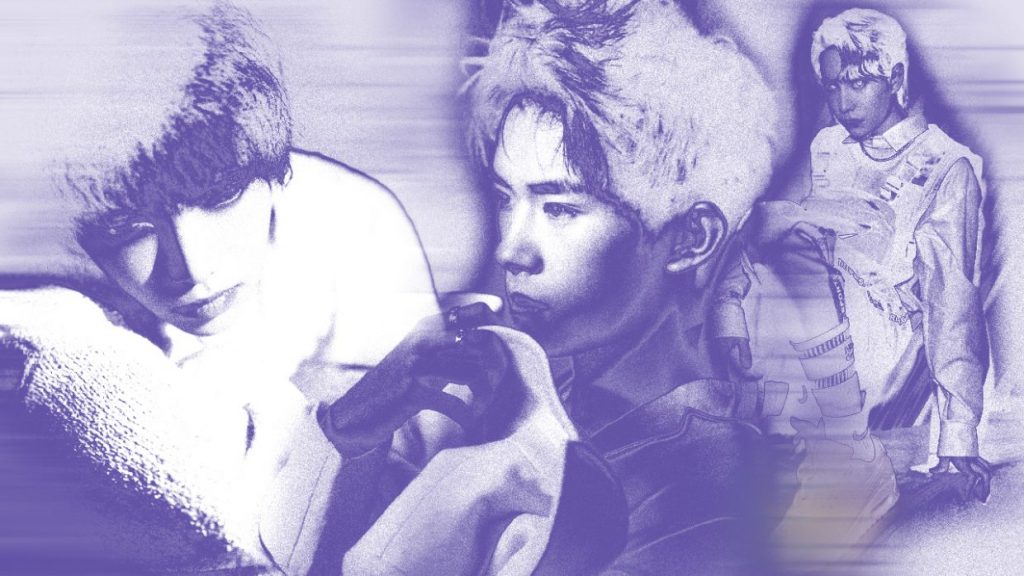It’s been reported that the foundation had already raised over $19 million (140 million yuan) for medical supplies by January 31. Han Hong’s foundation posted all its donations transparently via social media, and she even helped deliver supplies to Wuhan herself. This prompted netizens to look into Hong’s background in charity work, and they soon realized that she had a long history of helping the needy. Yet, some still questioned whether she had an ulterior motive.
Despite doubts, Hong has built an overwhelmingly positive public image, and she later shared a list of celebrities who contributed to her foundation (though this triggered a wave of netizen discussions comparing celebrities’ commercial values to the amounts of money they donated).
Aside from Han Hong, the other names atop February’s celebrity list were the usual commercial stars. For example, “little fresh meat” male celebs Xiao Zhan and Wang Yibo were listed second and third on the R3’s February list, respectively. And as previously mentioned, the fans of these top-ranked celebrities played a major role during the epidemic. Xiao Zhan generated a larger fan donation than most, and Wang Yibo’s fans also donated money for medical equipment. Since the outbreak began, many celebrity fan groups followed suit by either promoting their idols’ charity activities or donating materials directly in their idol’s name.
The initial scrutiny surrounding Han Hong’s charity work, however, shows that celebrity charity activities can come with a downside. Some have been scolded by the public for attempting activities outside their areas of expertise. And in an age when Chinese netizens examine a star’s every move, missteps can quickly be broadcasted to the public. Therefore, when a foreign brand considers working with a celebrity, past charity events are likely to weigh heavily in their selection process.







